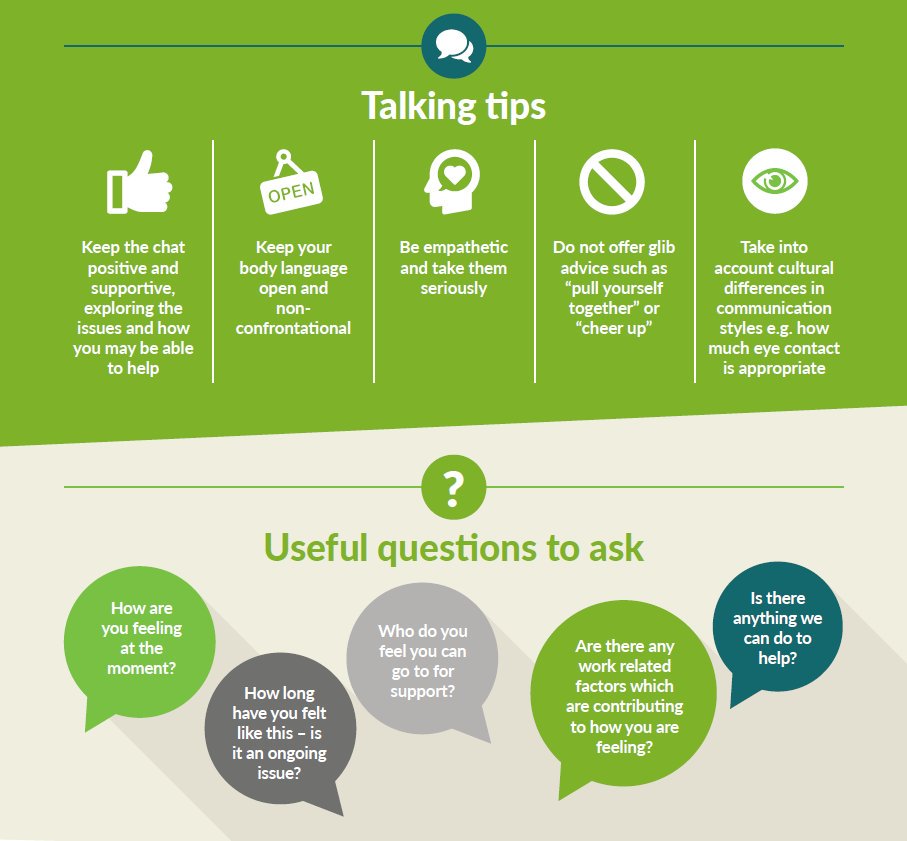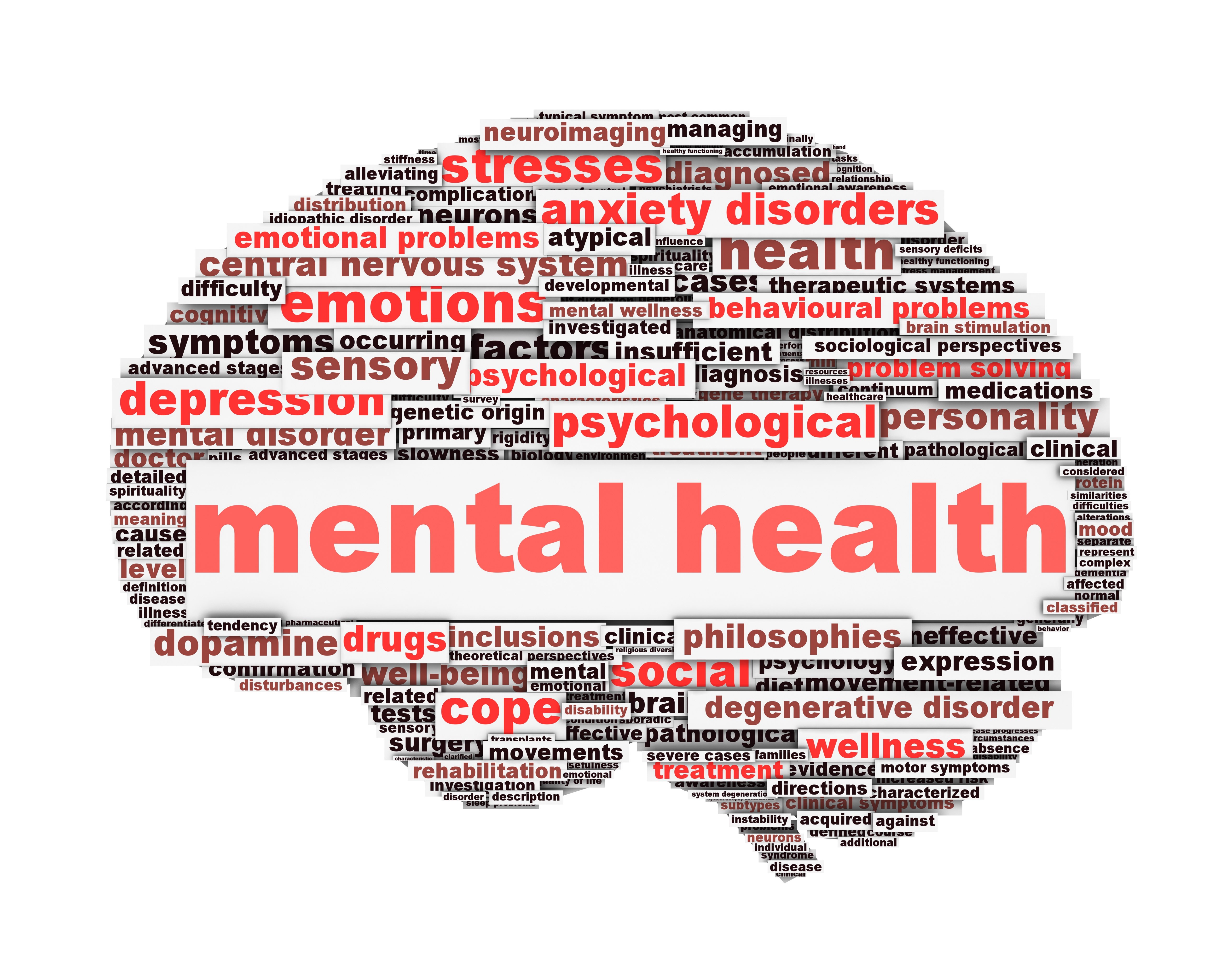However, not everybody with mental health difficulties experiences self-stigma. Patrick W. Corrigan and Deepa Rao, On the Self-Stigma of Mental Health Problem: Stages, Disclosure, and Strategies for ChangeStigma and lack of confidences about psychological health produce stereotypes and misconceptions. Here are a few myths and truths about mental health. The misconception: Mental disorder is rare, and the majority of people are not impacted by it.
Prior to 2020, about 43 million American grownups (18 percent of grownups in the United States) struggled with mental disorder and 1 in 5 teens (20 percent) struggled with a psychological health disorder, according to the National Institute of Mental Health. Those numbers have considerably increased as an outcome of the pandemic.
A report by the United States Department of Health and Person Provider (DHHS) found that only one-quarter of young grownups (ages 1824) believed that a person with mental disorder can recuperate. The truth: The majority of people with psychological health conditions can and do recover. Studies reveal that a lot of get much better, and lots of recuperate entirely.
The fact: People who experience mental health and compound abuse conditions are not to blame for their conditions. Moreover, the roots of these conditions are complicated. In addition, they often include hereditary and neurobiological aspects. Likewise included are environmental causes Visit this link such as trauma, social pressures, and family dysfunction. The myth: Individuals with mental disorder are not excellent at their jobs.
The truth: People with mental disorders are great employees. Studies by the National Institute of Mental Health (NIMH) and the National Alliance to the Mentally Ill (NAMI) validate this. There are no distinctions in productivity. The misconception: Treatment does not assist. The DHHS report found that only about half (54 percent) of young people who understood somebody with a mental disorder believed treatment would help them.
The Main Principles Of What Does Mental Illness Affect
Consequently, there are now more treatment techniques than ever. These consist of integrated treatment in residential and outpatient programs. In addition, treatment includes group and specific therapy, experiential techniques, mindfulness practices, and other methods. The media can avoid marvelous stories about mental disorder and portray more stories of healing by individuals with mental health challenges.
Also, they need to work toward increasing funding for psychological health awareness projects. Scientists can continue to study and keep track of attitudes towards mental disorder. Psychological health organizations can provide education and resources in their neighborhoods. Everyone can change the way they refer to those with psychological health conditions by avoiding labels.
This extends to good friends, relative, next-door neighbors, or others with mental health obstacles. For that reason, this indicates we require to express concern and release prejudgments. In conclusion, when all of us work together we can produce modification. When we can alter our attitudes toward those with psychological health https://telegra.ph/the-best-guide-to-what-are-drugs-that-can-affect-your-mental-health-12-11 challenges, preconception will be minimized.

4-H/Harris Poll on Teen Mental Health, June 2020Prev Chronic Dis. 2006 Apr; 3( 2 ): A42. Community Ment Health J. 2010 Apr; 46( 2 ):164 -76. World Psychiatry. 2008 Oct; 7( 3 ): 185188. J Neighborhood Psychol. 2010 Apr 1; 38( 3 ):259 -275. [/vc_column_text] [/vc_column] [/vc_row].
According to Link and Plan (2001 ), Erving Goffman's book Stigma: Notes on the Management of Ruined Identity (1963) stimulated the expansion of research study on the causes and consequences of preconception (1). Among the numerous current definitions of stigma, we can draw out that preconception exists when the result of trivializing, labels, loss of status, and partition take place at the same time in the very same situation (1).
4 Simple Techniques For How Does Culture Affect Mental Health
Psychological illness-related stigma, including that which exists in the healthcare system and amongst health care companies, has been recognized as a major barrier to treatment and recovery, leading to poorer care quality for mentally ill individuals (3, 4). Stigma likewise affects the treatment-seeking habits of health companies themselves and negatively mediates their work environment (4, 5).
Such situations provide a threat to the patient and other individuals, so they need immediate healing intervention (6, 7). Although such emergency situations can also be secondary to physical diseases, what varies them from other emergencies is exactly the existence of extreme Find out more behavioral modifications. For the most part, they represent extreme severity in mental disorder, they are connected with sensations of fear, anger, prejudice, and even exemption.
Adequate management of such situations can minimize client suffering and avoid the perpetuation of preconception. This post aims to talk about the causes of preconception, ways of handling it, and accomplishments that have actually been made in psychiatric emergency care settings. Although there are various designs of take care of psychiatric emergency situations, we will consider situations whose basic management concepts are the very same in different environments.
The method was used to browse the list below international electronic databases; Pubmed (1990present), Scielo (1990present), and Cochrane Database of Systematic Reviews (1990present) (how does spenning time outdoors affect mental health). The search terms consisted of: psychiatric emergencies, emergencies, psychological conditions, disaster, catastrophes, epidemic, and pandemic. We supplemented the search engine result with essential publications. Stigma stems from numerous sources (individual, social, or household) that work synergistically and can trigger several issues throughout life (2, 8).

Given that no particular study has actually been performed on stigma in psychiatric emergency situations, we will examine some basic hypotheses about mental disorder preconception and use them to emergency scenarios, despite where they are dealt with. Agitation without or with aggressive behavior is typical in situations of psychiatric emergencies. Nevertheless, in this case, the aggressiveness or state of violence must be viewed as a complication of mental health problem.
The 2-Minute Rule for How Does Music Affect Mental Health
One study found that 61% of adults thought that an individual with schizophrenia was somehow most likely to be violent towards others (11). On the other hand, a 2009 research study concluded that mental disorder singly does not forecast violent habits (12). Although the analyses revealed that aggressive agitation does happen in people with serious psychological health problem, its incident is just significant in those with co-occurring drug abuse and/or dependence.
Psychomotor agitation may or may not be connected with aggressiveness. Although it does occur in a little portion of individuals with mental illness, psychiatric emergency situations can activate agitation while simultaneously compromising the client's autonomy. Agitation and strange behavior are stereotypes produced about individuals with mental illness, and these magnify when a patient has a crisis.
Individuals with psychological illness must be safeguarded, and in the context of psychiatric emergency situations, how they are dealt with is of crucial value. People can take a very long time to seek treatment and hide their symptoms, or when they emerge, the family conceals them in the house or sends them to a remote healthcare facility.
Trying to hide signs can hamper treatment seeking and result in worsening of the condition. More instant services, such as outpatient centers, community services, and even emergency situation systems can make clients feel exposed and assume the existence of an illness. Moms and dads of patients with mental health problems have a greater sense of stigma, in specific humiliation and shame ($114).
One study states that the genuine occurrence of psychiatric emergencies might be higher than that observed, and for that reason, patients might take a very long time to look for look after worry of preconception and the high expense of psychiatric treatment (16). Another current research study investigated inspiring factors for looking for treatment in Lebanon and found that fairly couple of psychologically ill clients (19.